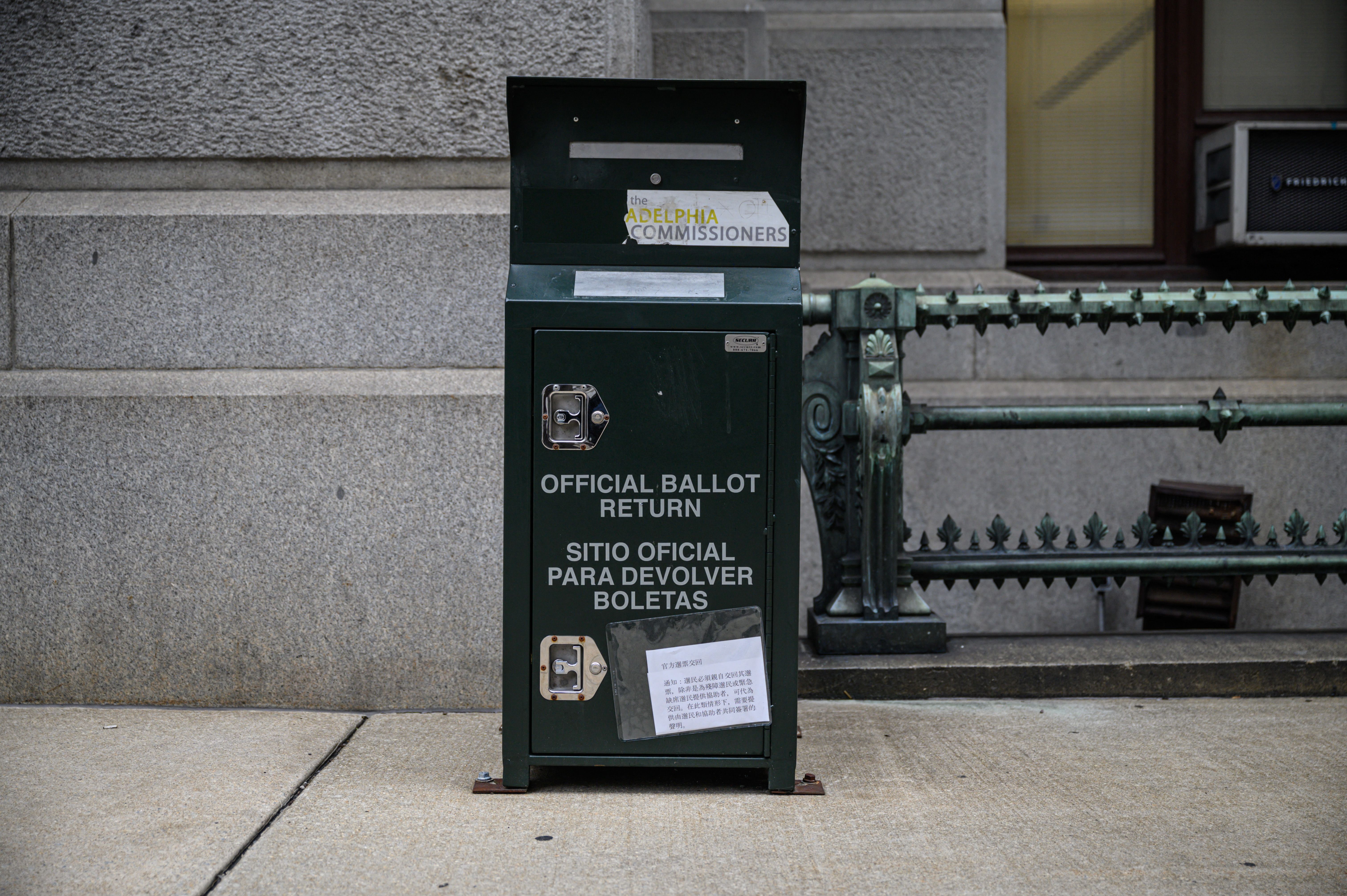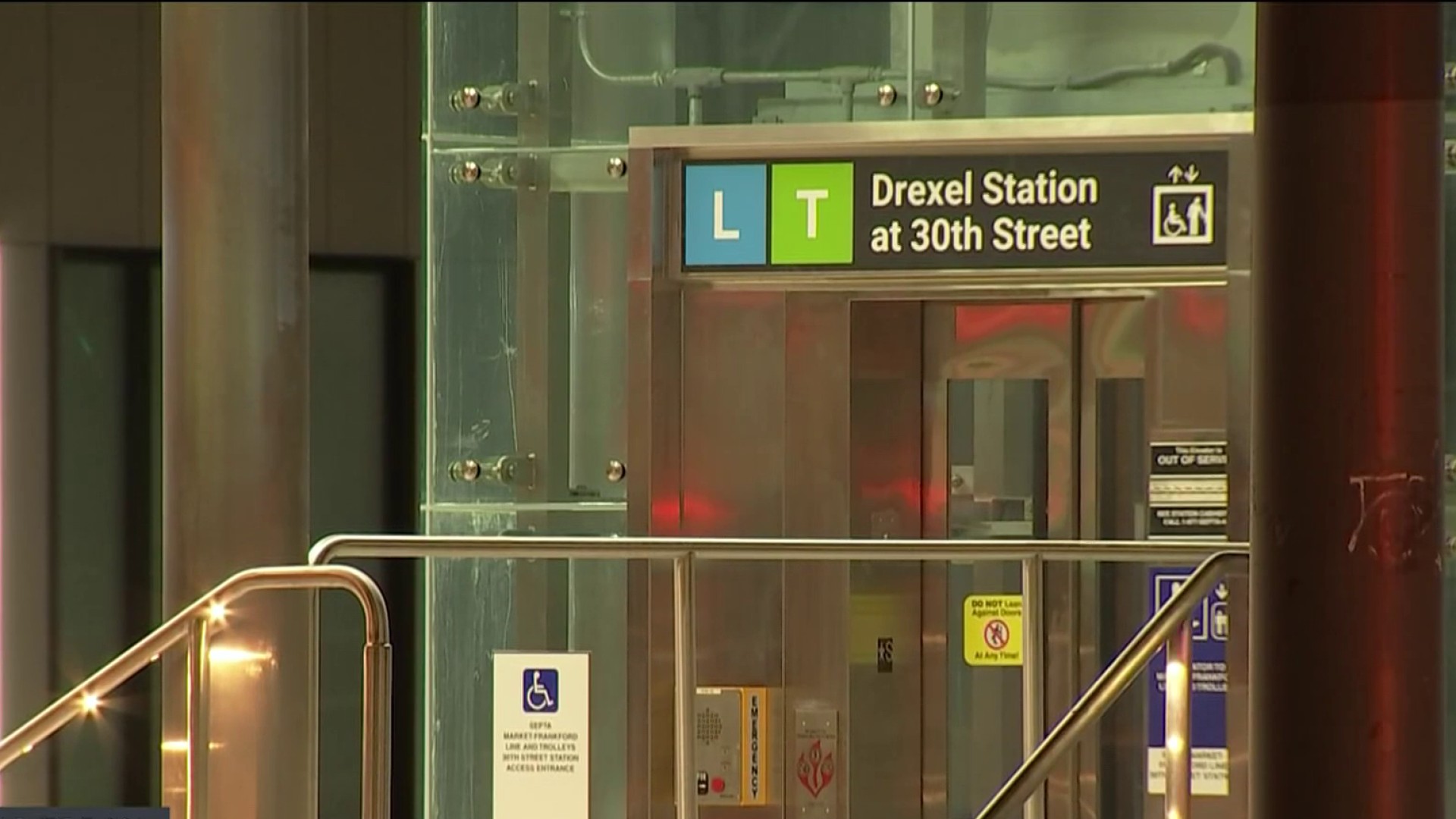For politicians, there are few more desirable career opportunities than an open seat in the U.S. Senate.
But in New Jersey, where Frank Lautenberg's death this week created such a spot -- to be filled in a special election in just four months -- more officials are announcing they're out of the race than in it.
So far, Republican Steve Lonegan and Democratic U.S. Rep. Rush Holt are the only ones who have said that they are in. A couple more prominent Democrats, Newark Mayor Cory Booker and U.S. Rep. Frank Pallone, also are expected to enter the race.
On the Republican side, a procession of lawmakers including state Sen. Tom Kean Jr. and Assemblyman Jon Bramnick have said they're not running. So has Attorney General Jeffrey Chiesa, whom Gov. Chris Christie appointed Thursday to fill the seat until the special election. There is still time -- albeit only a little -- to get into the race, but it's not clear whether any will.
“A self-funder could probably get in it,” said political strategist Michael Murphy, who ran for governor as a Democrat in 1997. “Anybody who has $3 million and name recognition has a heck of a head start.”
A major factor could be the compressed schedule. Candidates must file papers to run by Monday. Then they have only until the Aug. 13 primaries to sell themselves to their parties and only two months after that to make an appeal to the general electorate.
To achieve all that, it takes money and a ready-to-roll campaign organization.
Local
Breaking news and the stories that matter to your neighborhood.
Those in the race -- or expected to be -- have one or both.
Lonegan, a former mayor of the Bergen County town of Bogota, has sought the Republican nomination for governor twice and has a network of statewide conservative activists as the leader of the state's chapter of Americans for Prosperity. He's mobilized them around a handful of issue campaigns over the years, too.
Booker, who has speaking engagements all over the country, started raising money for a Senate run in January -- even before Lautenberg announced his plans to retire -- and had brought in $1.9 million by the end of March. He has also been one of the main campaign draws for Democratic candidates across New Jersey over the last few years, giving him a network of contacts.
Pallone, who's been in Congress since 1989, has even more campaign funds, $3.7 million as of March 31. He also is a champion of labor issues, and union organizations have supported him heartily, a factor that could help him get out the vote.
Holt does not have as much campaign money, but he's not starting from scratch either, having about $800,000 as of the end of March.
The last New Jersey politician to win a statewide election on short notice underscores the idea. When U.S. Sen. Robert Torricelli dropped out of a Senate race in September 2002, just over a month before Election Day, Democrats turned to someone well known in the party to take his spot. That was Lautenberg, who had retired in 2001 after serving three terms in the Senate.
Bramnick, one of the Republicans who decided against running after considering it, said he could not abandon his role as Assembly minority leader helping the election of other Republican Assembly candidates. But he acknowledged that the short election timeline could have been a challenge and said it hinders candidates regardless of their resources.
“This is about as democratic as it gets,” he said. He said that if he knew the election was coming, he would have prepared for the race.
Republicans face an additional obstacle: New Jersey last elected a Republican to the Senate in 1972.
On Thursday, when Christie announced he was picking Chiesa to fill the seat until October, the governor was asked whether it's fair to require candidates to get signatures on nominating petitions in just six days.
“If you think it's hard to get 1,000 signatures,” he said, “try to get 1 million votes.”



